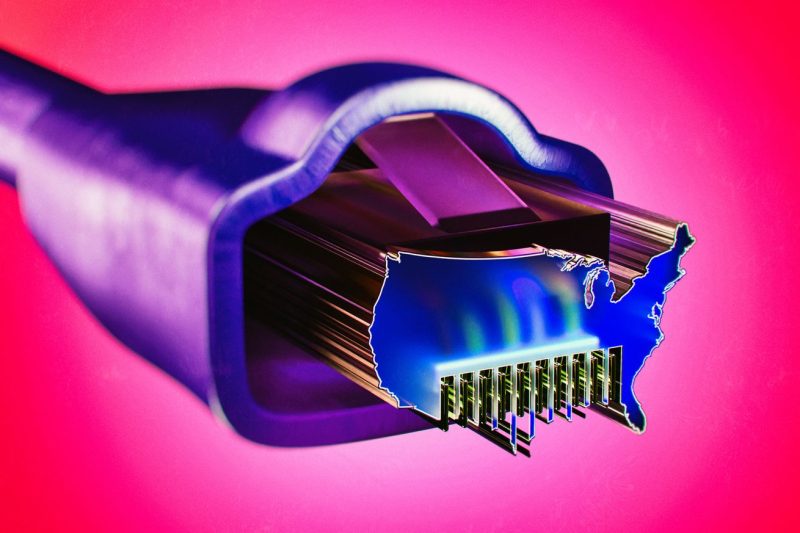The FCC Has Finally Decreed That 25Mbps and 3Mbps are Not Broadband Speed
The Federal Communications Commission (FCC) recently made a significant decision regarding broadband speed definitions. The regulatory body clarified that minimum broadband speed standards should be increased to 100 Mbps for downloads and 20 Mbps for uploads. This move comes as a response to the changing landscape of internet usage and the growing demand for high-speed connectivity.
The FCC’s previous definition of broadband, which set the benchmark at 25 Mbps for downloads and 3 Mbps for uploads, was established in 2015. However, with advancements in technology and the increasing reliance on the internet for work, education, entertainment, and communication, these speeds are no longer sufficient to meet the needs of consumers.
The importance of high-speed internet access has been magnified by the COVID-19 pandemic, which forced many individuals to work and learn from home. Slow internet speeds can hinder productivity and create disparities in access to essential services. With more devices connecting to the internet and data-intensive activities such as video streaming becoming commonplace, a higher standard for broadband speed is necessary.
By raising the definition of broadband to 100 Mbps for downloads and 20 Mbps for uploads, the FCC aims to ensure that all Americans have access to fast and reliable internet connections. This decision will also incentivize internet service providers to invest in infrastructure upgrades and expansion to meet the new requirements.
While some critics argue that the new speed standards are too ambitious and could be costly to implement, supporters believe that investing in high-speed internet is essential for economic development and digital inclusion. Access to fast internet can open up opportunities for remote work, online education, telehealth services, and e-commerce, benefiting individuals and communities across the country.
In conclusion, the FCC’s decision to redefine broadband speed standards to 100 Mbps for downloads and 20 Mbps for uploads reflects the evolving needs of consumers in an increasingly digital world. By setting higher benchmarks for internet connectivity, the FCC is taking a proactive approach to ensure that all Americans have access to fast and reliable broadband services. This move will not only improve the online experience for users but also drive innovation, productivity, and economic growth in the digital age.


























